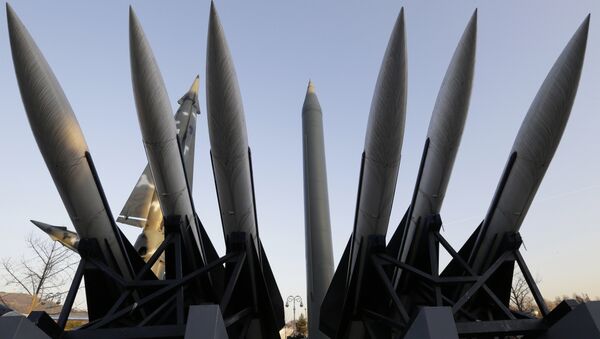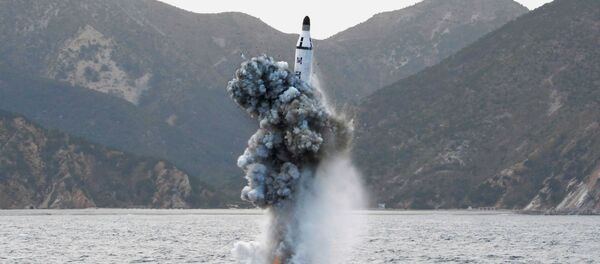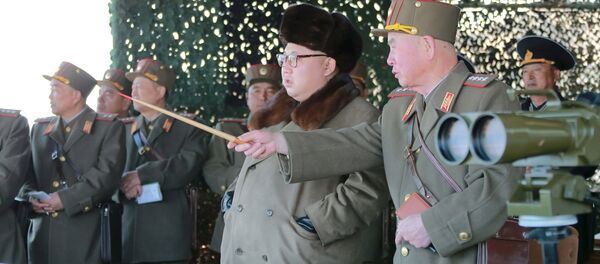Over the last few months, the DPRK has conducted a series of nuclear and ballistic missile tests, resulting in harsh new sanctions placed on the country by the UN Security Council.
This week, leaders from the US, Russia, China, Japan, North Korea, and South Korea have gathered in the Laotian capital of Vientiane to negotiate an end to the North’s nuclear program. But tensions between Washington and Pyongyang have been on full display.
"[The] issue that came up in nearly every meeting I had so far this week is the provocative and deeply concerning behavior of the DPRK. North Korea’s actions present a very serious threat, not just to this region but to international peace and security," US Secretary of State John Kerry told reporters.
"Together we are determined…to make absolutely certain that DPRK understands that there are real consequences for these actions."
In response to Kerry’s remarks, North Korean Foreign Minister Ri Yong-Ho blamed the United States for ongoing tensions on the peninsula.
"Whether we conduct additional nuclear tests is entirely up to the United States,” he said. “The denuclearization of the Korean Peninsula went out of the window because of the United States."
Ri also blamed the new sanctions on Washington.
"The key factor damaging the situation is the United States’ hostile policies…and the problem is getting worse."
Adding to tensions is Washington’s plan to install a THAAD missile system in South Korea by the end of 2017. Ostensibly aimed at defending Seoul from a hypothetical attack from the North, both China and Russia have expressed outrage that the extended range of the missiles puts their own security at risk, and threatens regional peace efforts.
"This pact will inevitably lead to escalation in Northeast Asia and hinder settlement of the Korean Peninsula problem, including its denuclearization," Russian Deputy Foreign Minister Igor Morgulov said earlier this month.
"Moscow regards this step as a buildup of the US global anti-missile potential in Asia-Pacific and an attempt to change the existing balance of power."




